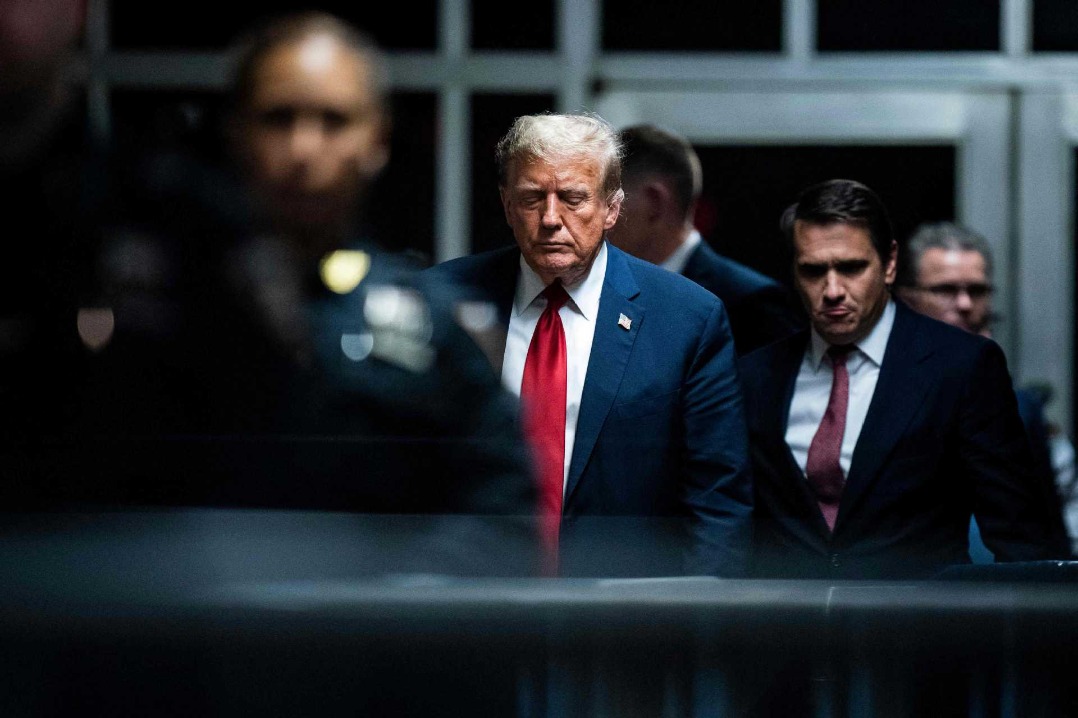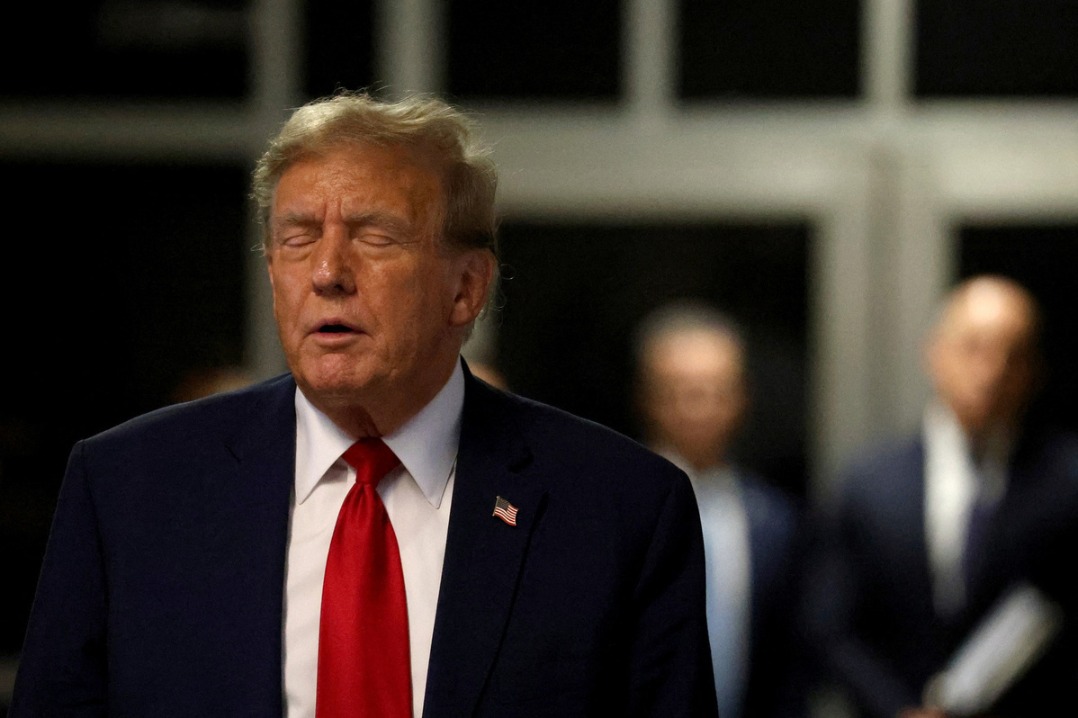Signal of a new beginning amid challenges
By Yao Yuanmei | chinadaily.com.cn | Updated: 2022-04-06 17:02

Chinese State Councilor and Foreign Minister Wang Yi met with both India's National Security Advisor Ajit Doval and External Affairs Minister S Jaishankar in New Delhi on March 25, 2022. To some degree, Wang's trip to India was promoted by the Ukraine crisis, from which both China and India learned a lot of lessons.
While China and India are trying to secure world peace, work together in the UN with a neutral stance, and are calling for an immediate ceasefire, both of them were criticized by America. The US Present Joe Biden even attacked India's position as "somewhat shaky". American hegemonism is exerting a great pressure on China and India. Meanwhile, the Ukraine crisis has led China and India to realize that it is better for neighbors to manage their divergences well. Otherwise, America will benefit most after it ignites the fire. Hence, under the new international background, both Beijing and New Delhi should learn it is time to review the bilateral relations after the border standoff for almost two years.
Some people hold the view that the partnership India has forged with Quad and AUKUS appears strong enough to maintain India's role for containing China, ignoring the fact that India's imports from China rose to $97.5 billion in 2021, up 46.1 percent from $66.7 billion in 2020, despite India's efforts to reduce dependence on imports from China amid an increased emphasis on self-reliance as well as tensions along the border. As for the border issue, it is a legacy of British colonialism and imperialism, and both China and India are victims of it.
After the Ukraine crisis created profound influence on international relations, the world has entered a new period of turbulence and change. So China and India should stick to their own development paths and join hands to safeguard peace and stability both in the region and the world. Meanwhile, as two largest developing countries, most populous countries, important neighbors, and ancient civilizations, China and India share a lot of interests, such as climate change, food security, technological innovation, public wealth and so on. For example, China and India have been partners for many years in UN Climate Conference, working together to protect developing countries' interests in carbon emission, and both of them are shouldering responsibilities to secure food security to feed their people and get rid of poverty. They still need to coordinate in these fields in the future to fight unfair treatment from the US' hegemonism. It is better for two sides to strengthen communication and coordinate positions to safeguard their legitimate interests and the common interests of developing countries. As for the border issue, it is only one part of the bilateral relations, it will benefit both nations if the two sides place the border issue in a proper position in bilateral relations and manage conflicts to facilitate the development of relations.
Wang Yi's proposed a three-point approach to achieving that both sides should view bilateral relations with a long-term vision, see each other's development with a win-win mentality, and take part in the multilateral process with a cooperative posture. India's Ajit Doval also pointed out that reefs can't stop the river from rushing forward, and differences between the two sides should not change the general trend of bilateral relations. Therefore, taking history as a mirror, it is in the interests of Chinese people and Indian people to promote the improvement of bilateral relations. I firmly believe the governments of China and India will make a right decision following the new world trend.
The author is an associate professor of the Academy of History and Documentation of Socialism at the East China Normal University.
The opinions expressed here are those of the writer and do not necessarily represent the views of China Daily and China Daily website.
If you have a specific expertise and would like to contribute to China Daily, please contact us at opinion@chinadaily.com.cn, and comment@chinadaily.com.cn.
























